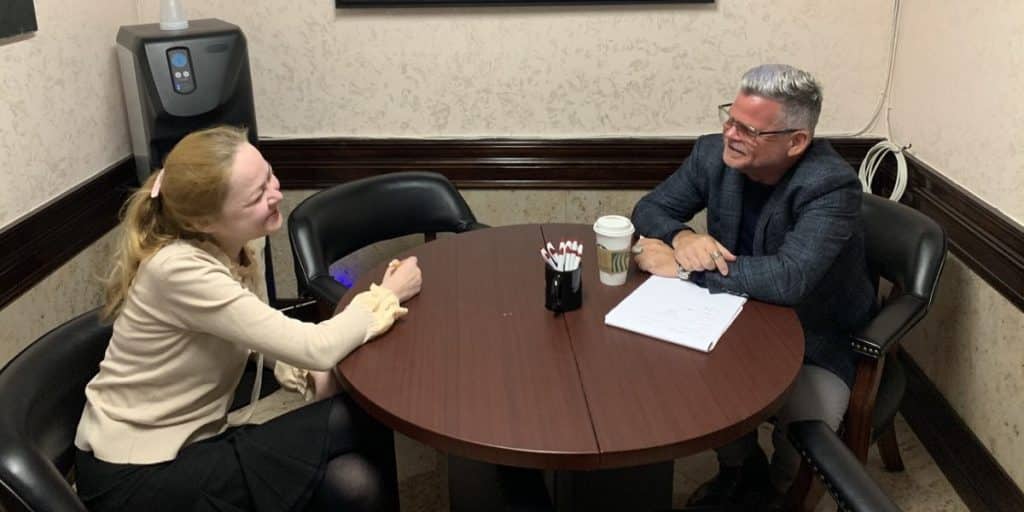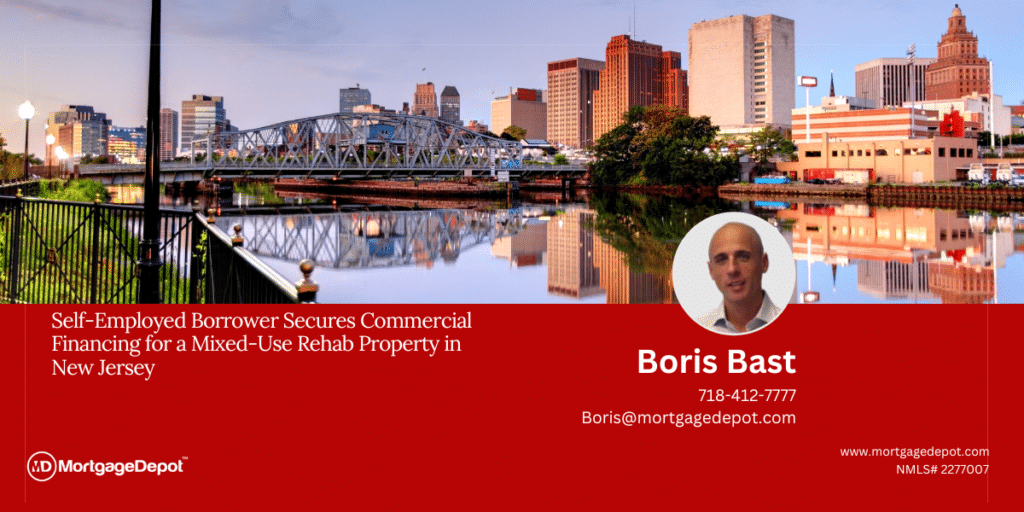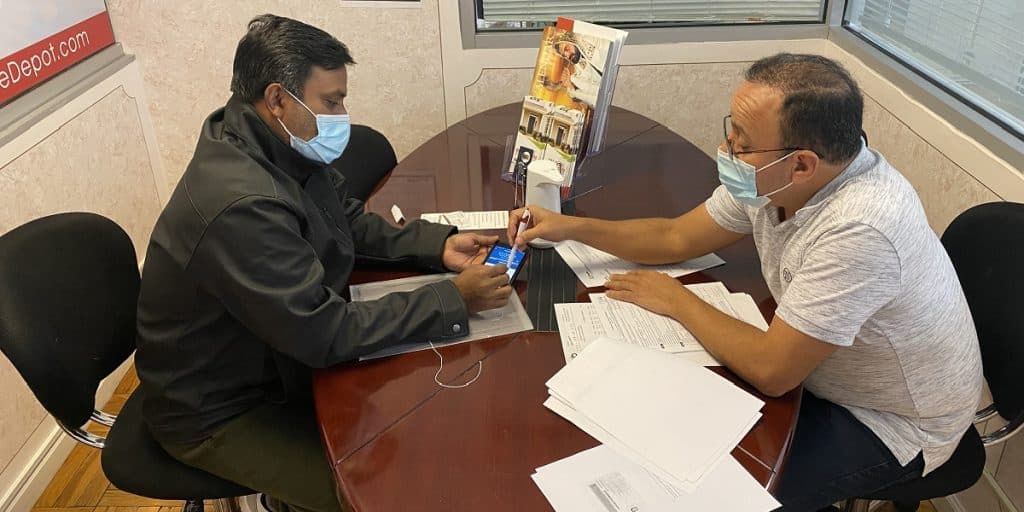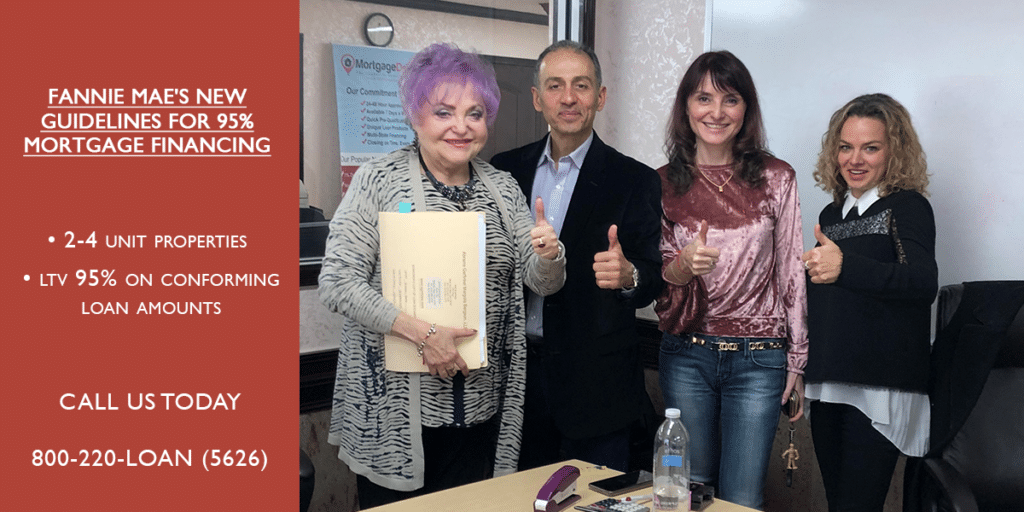
When it comes down to purchasing condos and co-ops, it isn’t just your creditworthiness the lender takes into consideration. Your mortgage lender must also verify the fiscal and physical health of the entire condominium development into which you’re buying.
Fortunately, with the housing market doing well and condo values climbing, mortgage lenders allow looser guidelines — even low-down-payment home loans occasionally.
Common non-warrantable properties include condo-hotels, timeshares, fractional ownership properties, and other projects which require owners to join an organization, such as a golf club.
Manufactured housing such as houseboats and motorhomes and other developments that are not legally considered real estate are also excluded from warrant-ability. When buying a condo, ask your real estate agent or lender about the building’s warrant-ability before you go any further.
In general, a condo or co-op unit is considered non-warrantable if: the project has yet to complete construction. Or its developer has not turned over control of the HOA/Board to the owners. Or that the development allows short-term rentals. Additionally, a condo or co-op is non-warrantable if a single person or entity owns more than 10% of all units or if It’s in a project where the majority of units are rental units occupied by non-owners.
Also, a condo unit in a development project involved in litigation of any kind is usually “non-warrantable.” It doesn’t matter if the development is the plaintiff or the defendant in the suit.
Non-warrantable condo financing is unavailable via Fannie Mae and Freddie Mac, the FHA or the VA. To get a non-warrantable condo mortgage, you’ll need to talk with a specialist mortgage broker such as MortgageDepot. Each mortgage loan provider has different rules and stipulations regarding financing for a condo.
Fannie Mae and Freddie Mac each have a set of requirements that every condo association has to meet – such as the minimum amount of funds the association has in reserves, the number of tenants past due on their homeowner’s association fees, the number of units that are rentals or investment properties, review these variables very carefully.
Have questions or need help?
Call us now at 800-220-LOAN
Request a call back or email us your questions!








